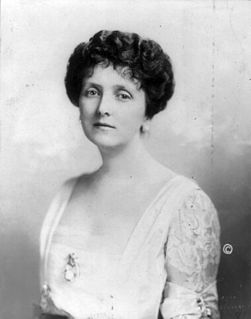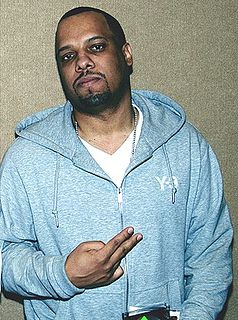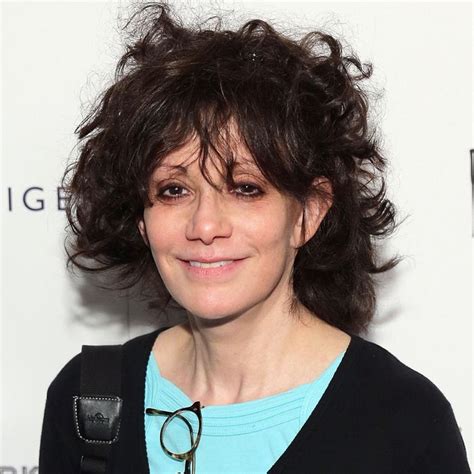A Quote by Raymond Chandler
I've found that there are only two kinds that are any good: slang that has established itself in the language, and slang that you make up yourself. Everything else is apt to be passe before it gets into print.
Related Quotes
I found cause to wonder upon what ground the English accuse Americans of corrupting the language by introducing slang words. I think I heard more and more different kinds of slang during my few weeks' stay in London than in my whole "tenderloin" life in New York. But I suppose the English feel that the language is theirs, and that they may do with it as they please without at the same time allowing that privilege to others.
The fact that slang is apt and forceful makes its use irresistibly tempting. Coarse or profane slang is beside the mark, but "flivver," "taxi," the "movies," "deadly" (meaning dull), "feeling fit," "feeling blue," "grafter," a "fake," "grouch," "hunch" and "right o!" are typical of words that it would make our spoken language stilted to exclude.
There's an old little jingle: 'The chief use of slang is to show that you're one of the gang.' What that means is that every social group has its own linguistic bonding mechanism. If there's a group of lawyers, they have their own slang. If there's a group of doctors, they have their own slang, and so on.





































